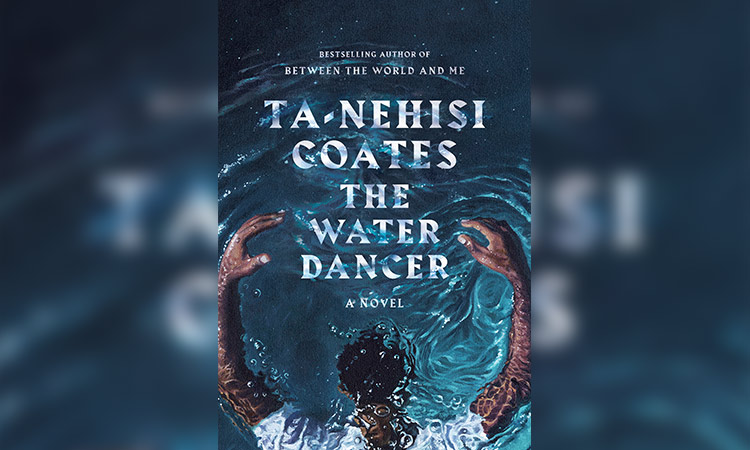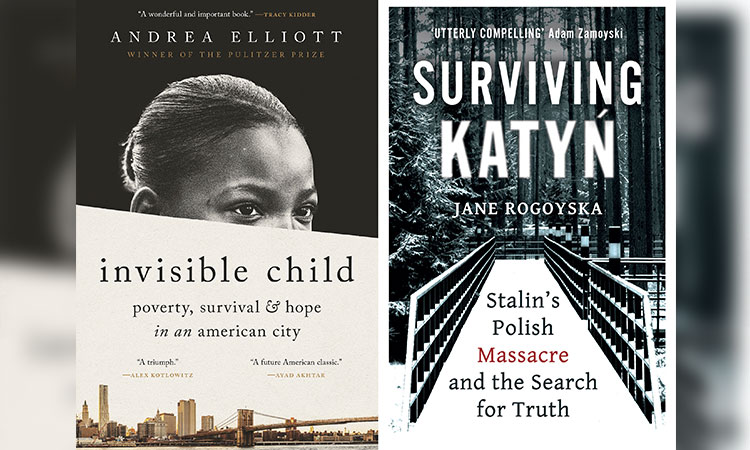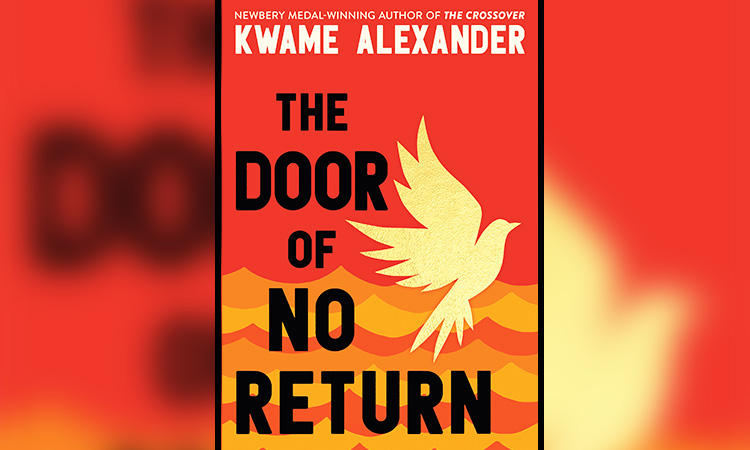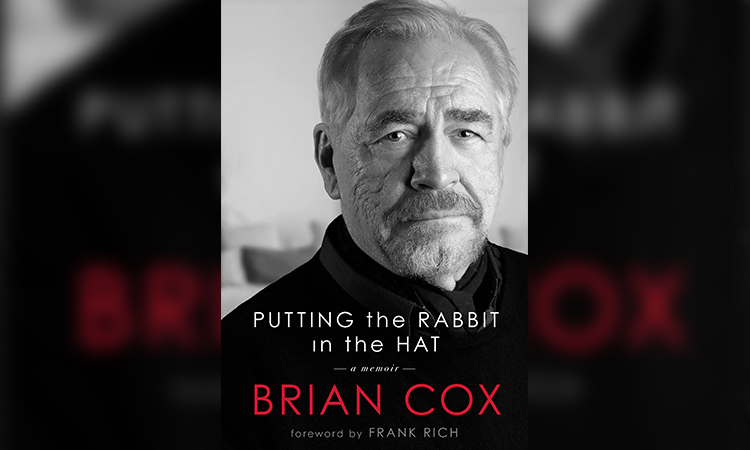Ta-Nehisi Coates' debut novel is one of year's best

"The Water Dancer," a novel by Ta-Nehisi Coates. AP
If the power of fiction is to transport readers to a world they otherwise couldn't imagine, "The Water Dancer" is a smashing success.
National Book Award winner ("Between the World and Me") Ta-Nehisi Coates writes about a topic — slavery — that most people would say they know something about. But we don't, not really. How could we? How could I, a white middle-aged man in 2019, truly know the horror of human bondage and the fierce dignity it took for some to survive it? Coates' first novel dazzles with a story firmly grounded in the harsh realities of slavery, yet elevated by a modicum of mysticism.
Our narrator is Hiram Walker — "Hi" for short - a slave at the Lockless tobacco plantation in Virginia. His mother was sold off when he was young and he can barely remember her. His father is the master of the estate, putting young Hiram in a unique position. He moves easily between the house, where he tends to his white stepbrother, Maynard, to the Street, where the slaves live in relative squalor.
The novel opens with a remarkable paragraph — just one sentence, actually — that sets the tone for all that is to come. Hiram imagines his mother on a bridge, "a dancer wreathed in ghostly blue ... back when the Virginia earth was still red as brick and red with life," bound and headed for the turnpike "through the green hills and down the valley before bending in one direction, and that direction was south."
That single image drives the story, as Hiram looks back on his life and tries to make sense of it. Coates unspools his narrator's past mostly chronologically, from when Lockless was a booming plantation to when the fields go fallow and the masters are desperate to wring every last ounce of profit from the land.
When he moves up to the house as a pre-teen to be Maynard's man-servant, Hiram clearly sees the difference between the Tasked and the Quality, as he frequently refers to the slaves and their owners. "The masters could not bring water to boil, harness a horse, nor strap their own drawers without us," writes Coates. "We were better than them - we had to be. Sloth was literal death for us, while for them it was the whole ambition of their lives."
It's that belief in exceptionalism that powers Hiram's journey. That and his remarkable memory. When he's young he plays parlour games with the Quality, memorizing cards after just once glance, but as he grows up and finds he can recount any story ever told to him, he must figure out how to harness that power and eventually use it to attempt escape.
I'm reluctant to say much more. Suffice it to say that Harriet Tubman shows up and the Underground Railroad figures prominently, if not exactly as you read about it in history class. But this is a book that needs to be experienced. Readers need to find a quiet place and lose themselves in it, letting Coates' words work their magic as he tells a tale about "the awesome power of memory ... how it can open a blue door from one world to another." It's a remarkable debut novel that reminds us in a fresh way why it's so important we remember all of humanity's stories - from the depraved to the glorious. Or as Coates puts it in the voice of Tubman: "To forget is to truly slave. To forget is to die."
Associated Press







